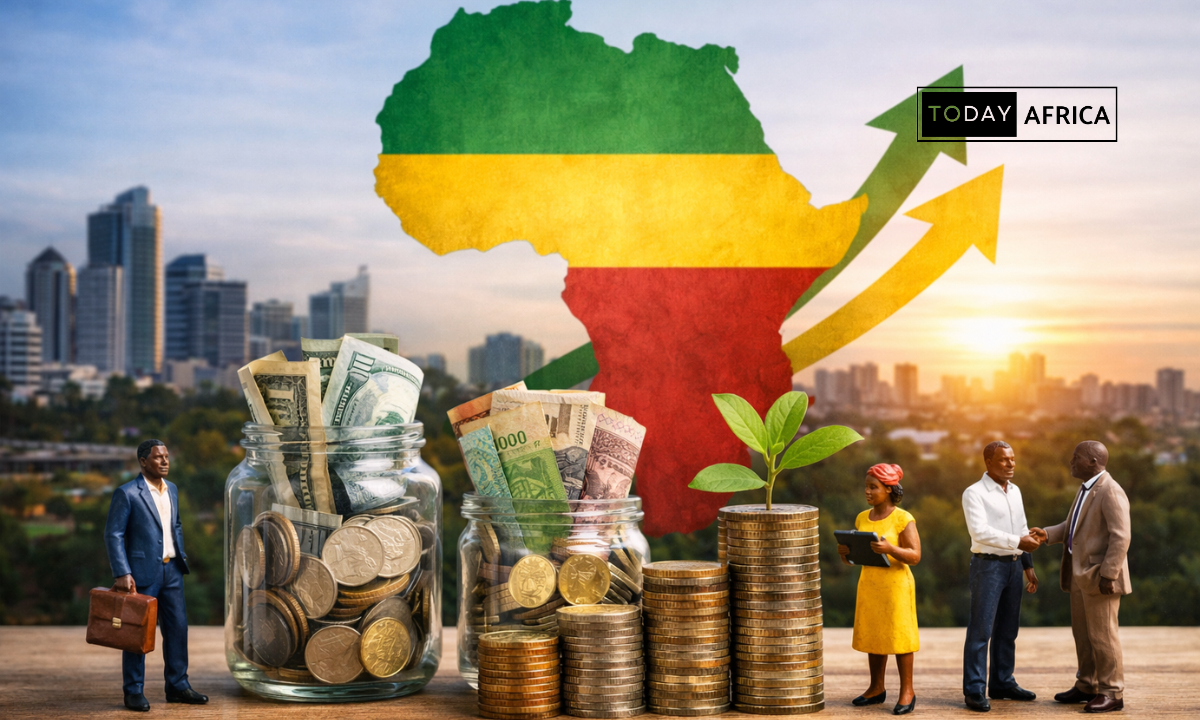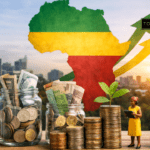The venture capital firm, Equator Africa gets $5 million from the International Financial Corporation (IFC) to support businesses and innovation in the African climate sector.
This comes after securing an initial close of $40 million in April 2023 to bridge the persistent funding gap for climate tech innovation, particularly for seed and Series A-stage startups in sub-Saharan Africa.
The Korea Green Resilient and Innovative Development (K-GRID) Programme, a $30 million initiative by the Korean government to support IFC projects that reduce emissions and promote climate mitigation technologies, provides a $1.5 million guarantee as part of the fund’s final investment, bringing the total size to $54 million.
According to Farid Fezoua, IFC’s Global Director for Disruptive Technologies, Services, and Funds, climate technology is an exciting area of innovation and impact in Africa, with businesses contributing to economic growth while reducing emissions and resource use.
“IFC’s investment in Equator Africa reflects our commitment to supporting those businesses to deliver solutions, from renewable energy to electric vehicles,” he added.
Read Also: Scale Raises $700,000 for Expansion
Equator Africa invests in early-stage, tech-enabled companies in Sub-Saharan Africa, including those developing green energy, agriculture, and mobility. The fund is primarily focused on Kenya and Nigeria, but it has also invested in companies operating in Côte d’Ivoire, Ghana, Madagascar, Senegal, Sierra Leone, South Africa, and Zambia.
Startups Equator Africa have invested on
The fund has previously invested in six companies, including Kenya’s SunCulture, which provides solar-powered energy and irrigation systems for farmers, and a Kenyan company that designs and develops electric motorcycles and buses, Roam. It has also supported Odyssey, a data and technology platform for investment and asset management for distributed renewable energy infrastructure.
Apollo Agriculture, a Nairobi-based tech company offering input financing and advisory services to smallholder farmers, along with Ibisa, which provides parametric insurance products for climate risks, and Downforce Technologies, focused on making soil organic carbon measurement technology accessible and affordable, have also received backing from the fund.
An analysis by startup funding data tracker Africa, The Big Deal, shows African climate tech startups have recorded $325 million in 2024 so far. It highlighted that in the past five years, climate tech funding has experienced significant growth, with investments rising from $340 million in 2019 to $344 million in 2020, $613 million in 2021, $959 million in 2022, and reaching $1.1 billion in 2023.
While funding for climate ventures has increased significantly, reports indicate that the amount is insufficient to meet Africa’s climate targets by 2030. Meanwhile, annual climate funding must rise from $30 billion to nearly $300 billion to meet mitigation and adaptation needs.
Recent developments indicate continued growth in the African climate tech sector. In March 2024, Satgana, a VC firm, closed the first fund to support early-stage climate tech startups in Africa. The African Development Bank Group (AfDB) is also committing a $10 million junior equity investment to the KawiSafi II Fund to support climate tech startups.
Leave a comment and follow us on social media for more tips:
- Facebook: Today Africa
- Instagram: Today Africa
- Twitter: Today Africa
- LinkedIn: Today Africa
- YouTube: Today Africa Studio
















